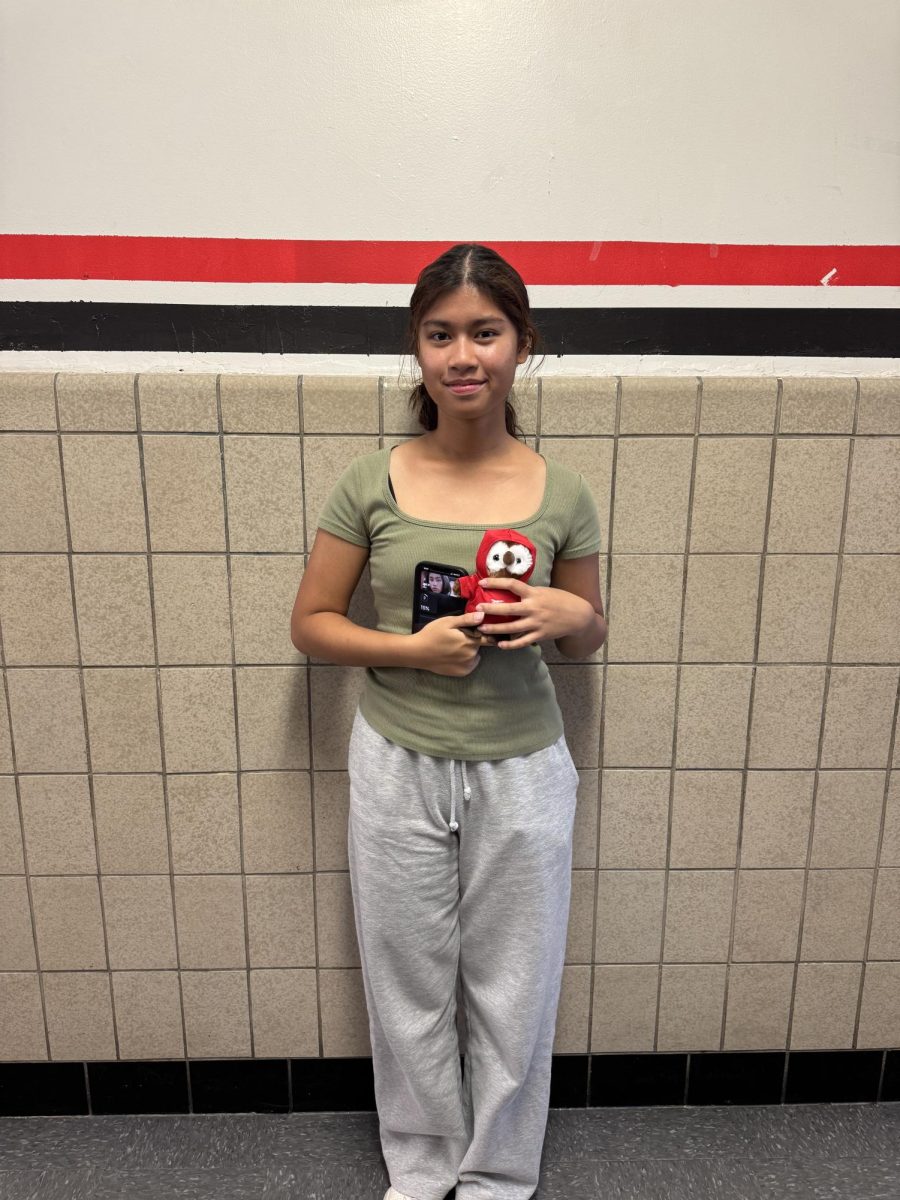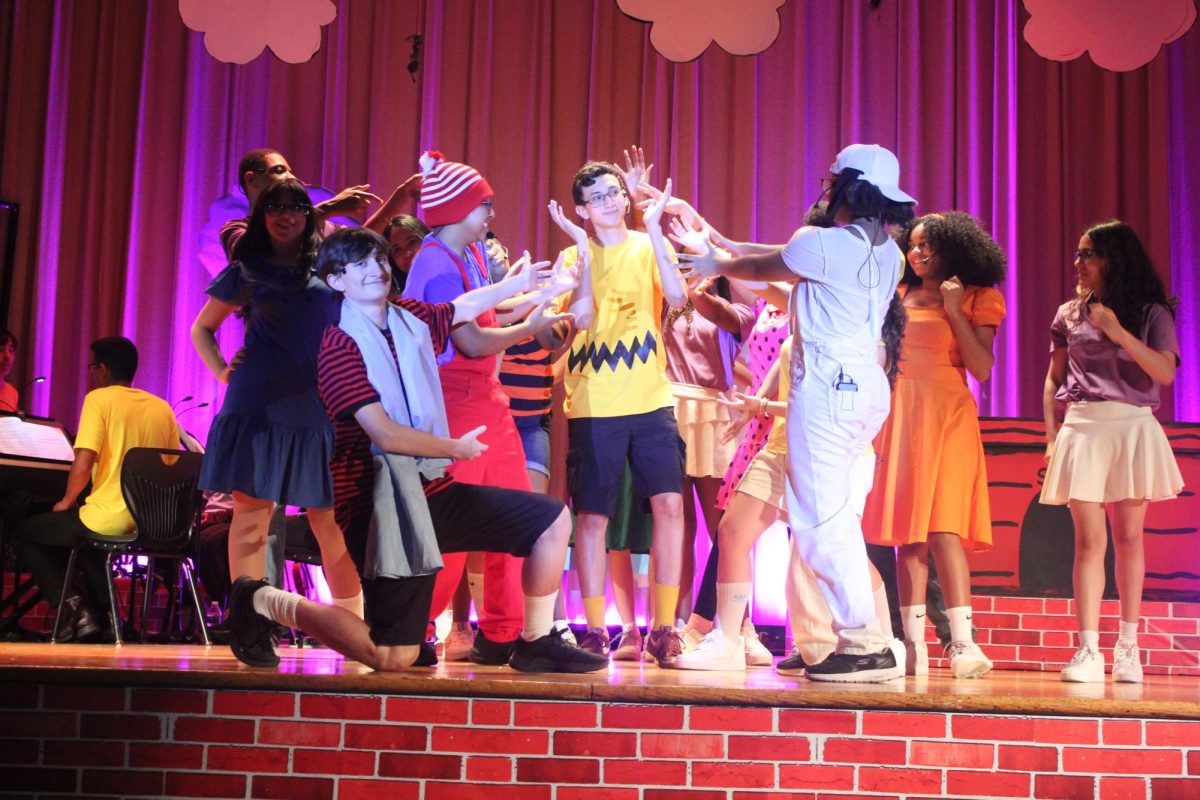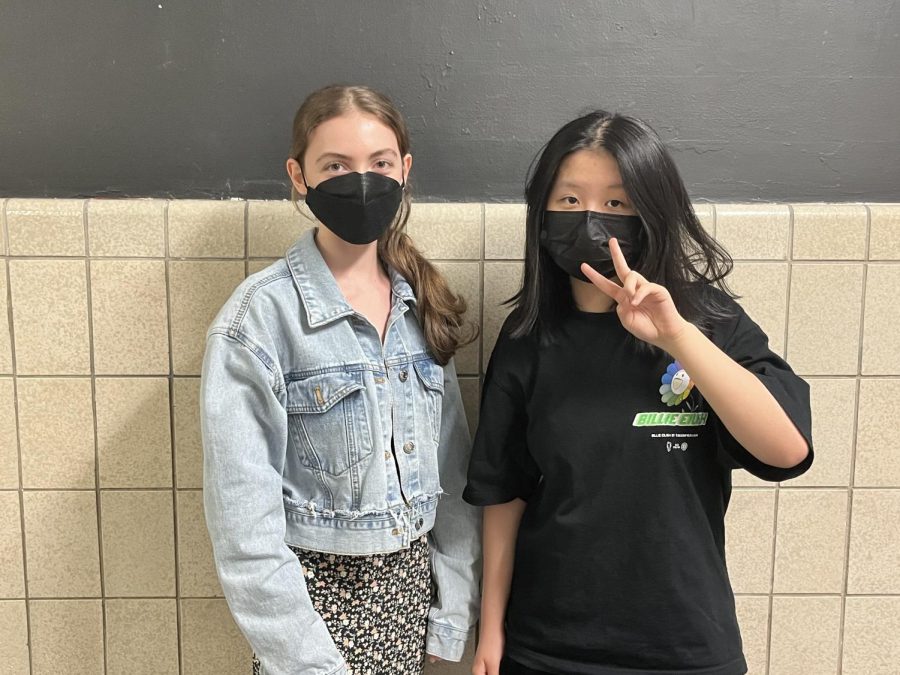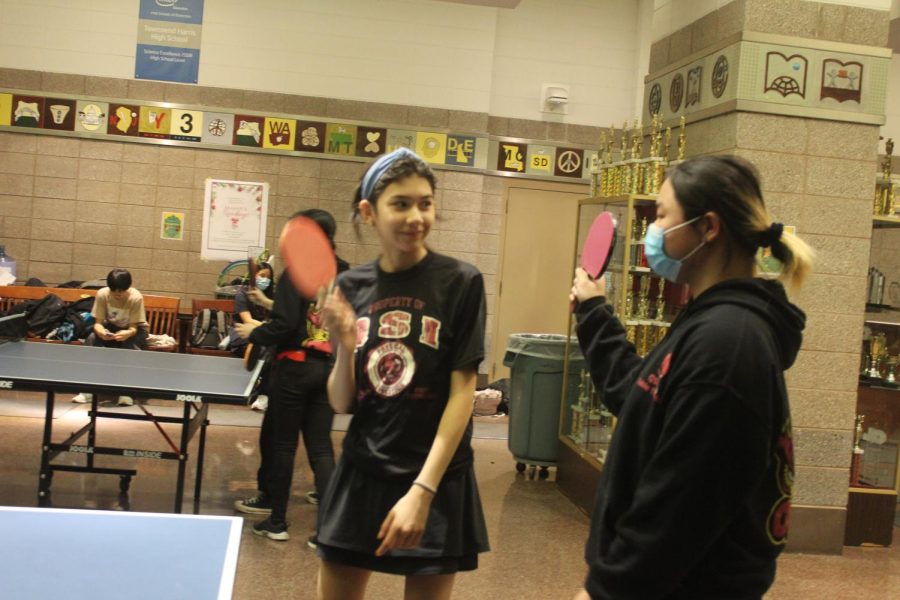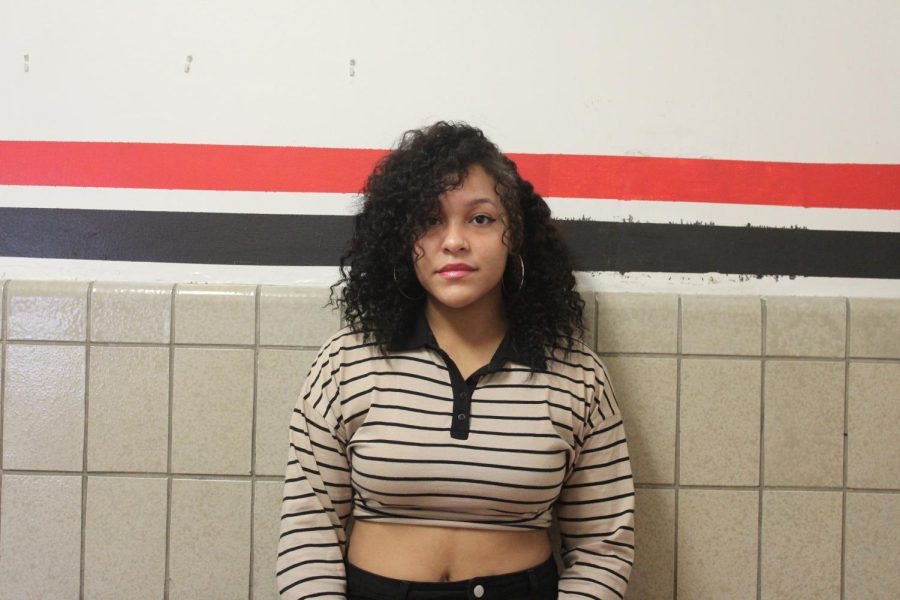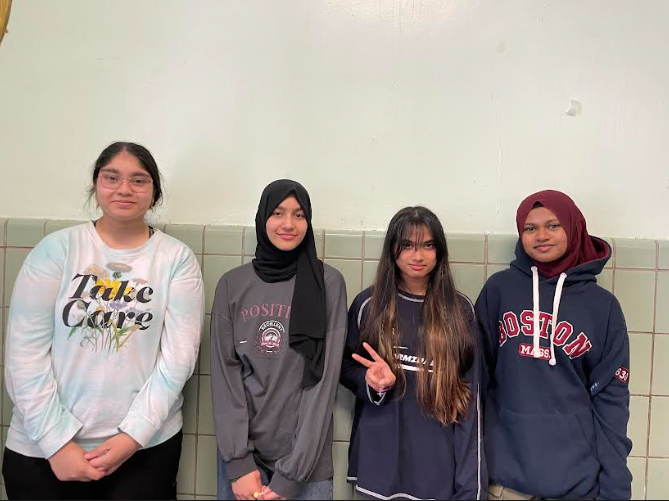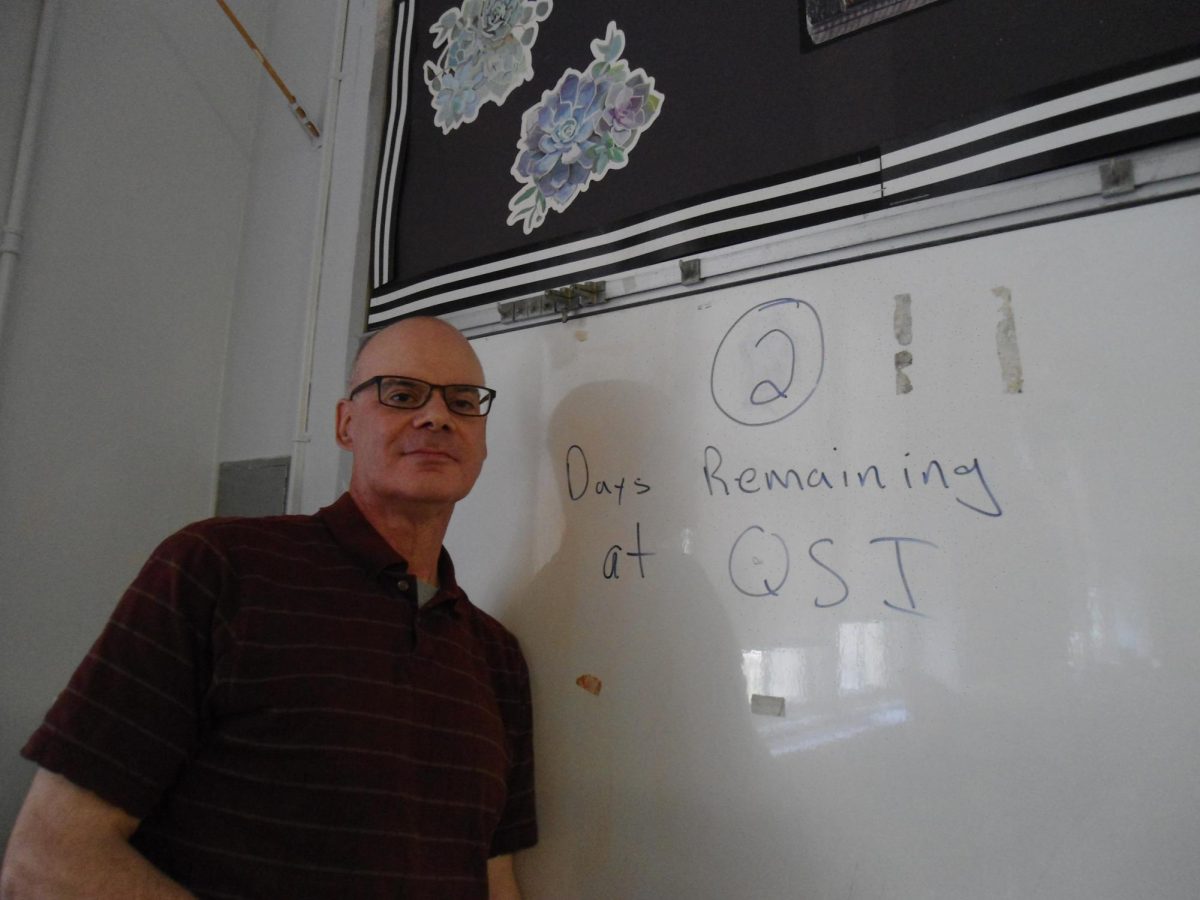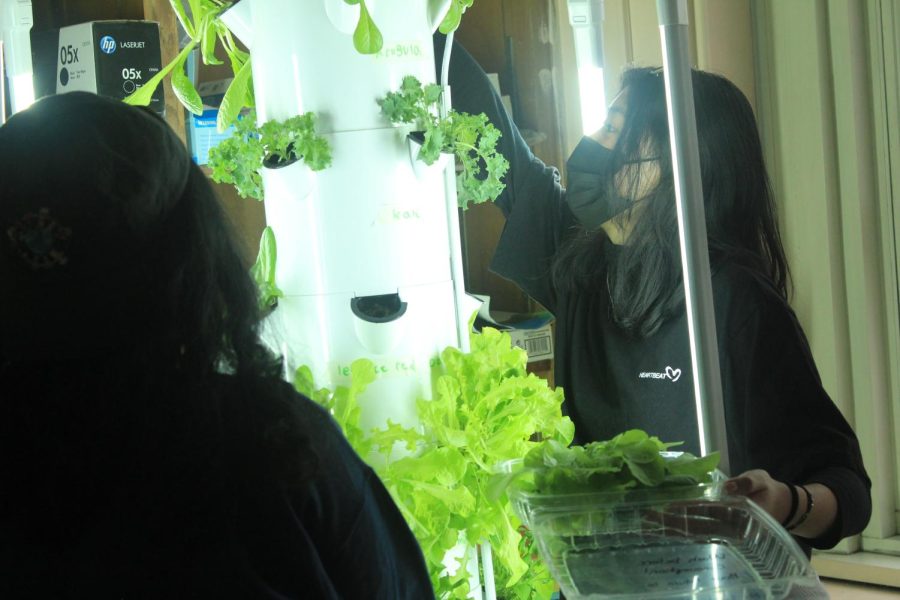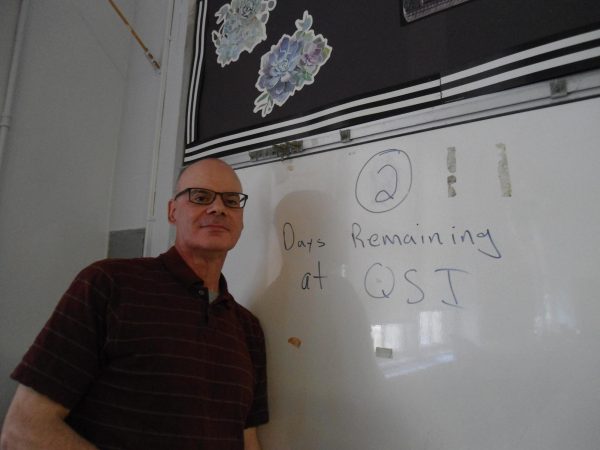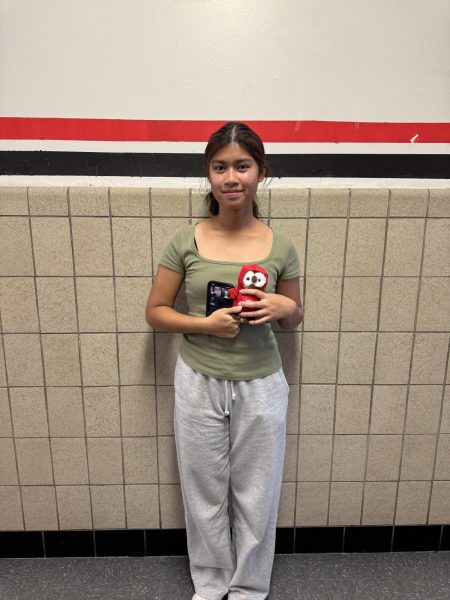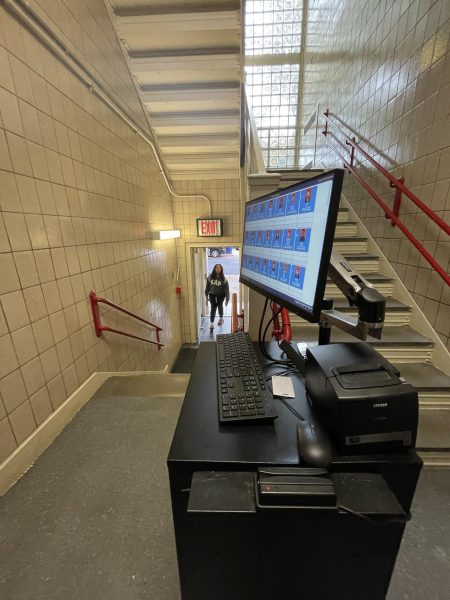Hydroponics: the waterway to the future
A tool for both communities and activists.
June 12, 2023
Tall tapered ivory plastic towers with their green inhabitants: arugula, kale, red oak, and romaine lettuce — these are the tower gardens of room 136.
Adam Zaid, the Personal Finance and Climate Solutions teacher, spearheaded the operation of these hydroponic gardens that can run year-round and grow food with minimal maintenance and limited impacts on the environment.
In the year 2000, Zaid had wanted to work on a hydroponics garden in his home. This small goal turned into a realization that he could do much more.
Then, at a 2020 workshop, Zaid met Shakira Provasoli, a climate activist and K-5 science teacher. Provasoli shared that she had hydroponic towers in her classroom. Zaid was inspired and applied for a “Grow with Us” grant with the New York Department of Agriculture to get hydroponic gardens for QSI.
“My goal is for students to be able to learn to grow and maintain a hydroponics garden,” said Zaid. “But a vision I had was growing for the local community, for QSI and other schools, so local communities, instead of going to a supermarket could go to a school and get what [food] they need.”
In the fall of 2021, Zaid and his students assembled the three towers he received through the grant and started planting. They planted a variety of greens and learned how to maintain hydroponic gardens, which require daily checks and adjustments to check things like the pH being at the right level and to see if the plants are in good health.
The tower gardens host most types of plants from carrots, salads, and strangely enough even melons. The lights must operate for 16 hours a day for sufficient light, which equates to roughly a dollar a month, and the tower gardens are supplied with mineral water to keep the plants alive.
Students are responsible for maintaining the gardens.
“I learned how to harvest and how to pick very little out of each plant so it can keep growing. [It] was cool,” said junior Julia Shakarova, who is a member of the Green Team and a student in Climate Solutions. “I think that everyone should get the opportunity to work with the tower garden and join the Climate Solutions class. It could help the world,” she said.
Sophomore Lior Poler, who like Shakarova, is on the Green Team and in Climate Solutions, had a slightly different take on the gardens. “[Zaid] wanted to have a food source that wasn’t reliant on frequent purchasing, so he decided to turn to plant food and wanted to get the climate team involved in it,” he said. “I didn’t learn much. However, I did enjoy harvesting the plants. I felt like it was a nice pet project.”
Hydroponics could have a large hand in helping the future of our generation and those who come after. Within the small environment of the tower gardens, a lot is provided with little effort or negative impact on the environment, especially in comparison to traditional farming methods. If there were hydroponic gardens all around the world, it could help build and strengthen communities and decrease energy and water usage.


